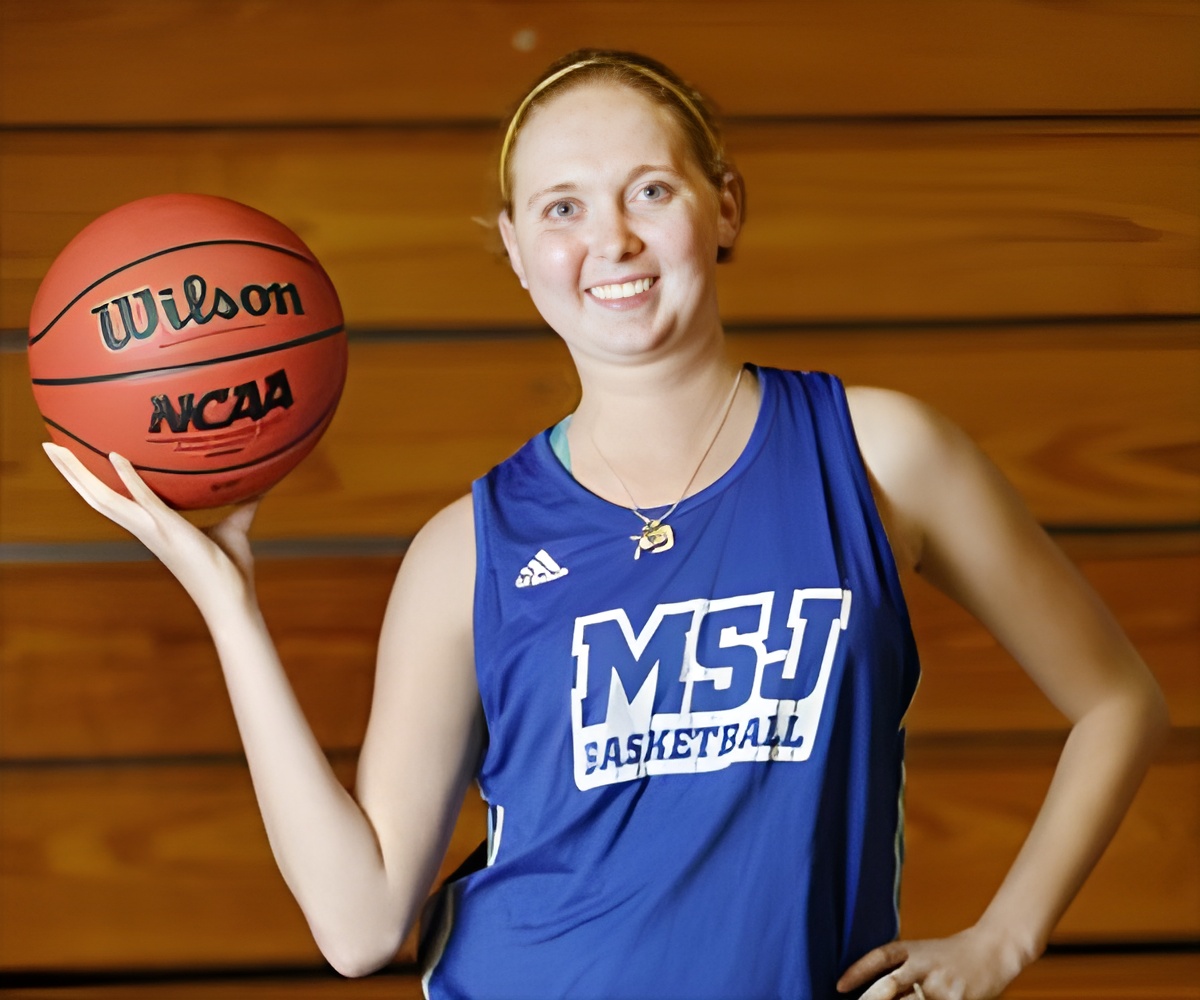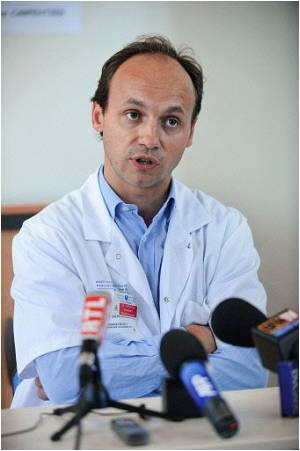An inspirational basketball player, Hill raised over $1.5 million to research a cure for Diffused Intrinsinc Pontine Giloma, a rare pediatric brain tumor.

Hill was a freshman at Ohio’s Mount St. Joseph University, where she gained national attention by taking to the court despite her brain tumor diagnosis.
The school convinced the National Collegiate Athletic Association (NCAA) to move up their season opener to give her a chance to play. She made two lay-ups, scoring the first and last baskets of the game.
After the game Hill said, "It’s a dream come true to play on a college court, to put my foot down on the floor and hear the roar of the crowd. I just love it so much. I love basketball.”
Hill started a non-profit organization “The Cure Starts Now” that has raised over $1.5 million to research a cure for Diffused Intrinsinc Pontine Giloma (DIPG), a rare pediatric brain tumor that affects the brain stem.
Advertisement
Source-Medindia















